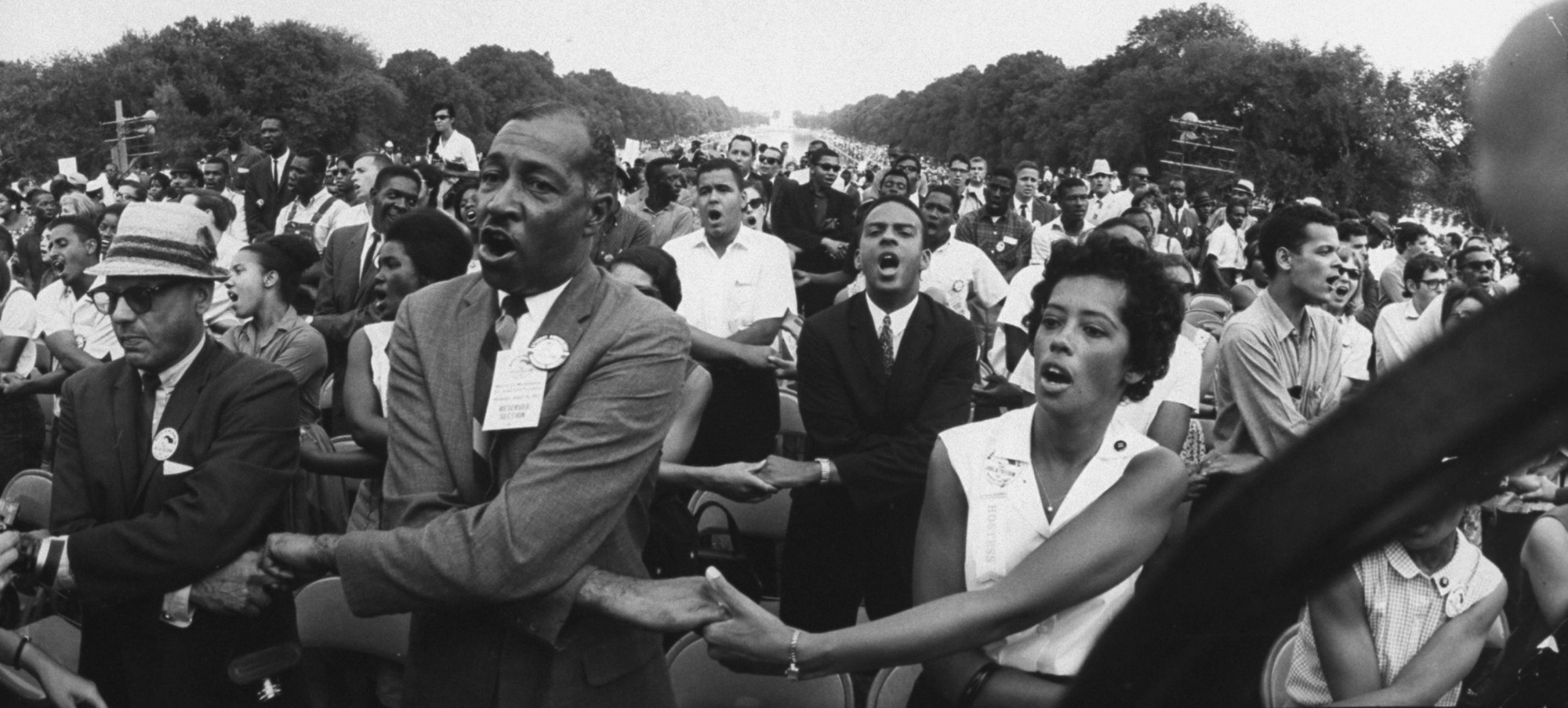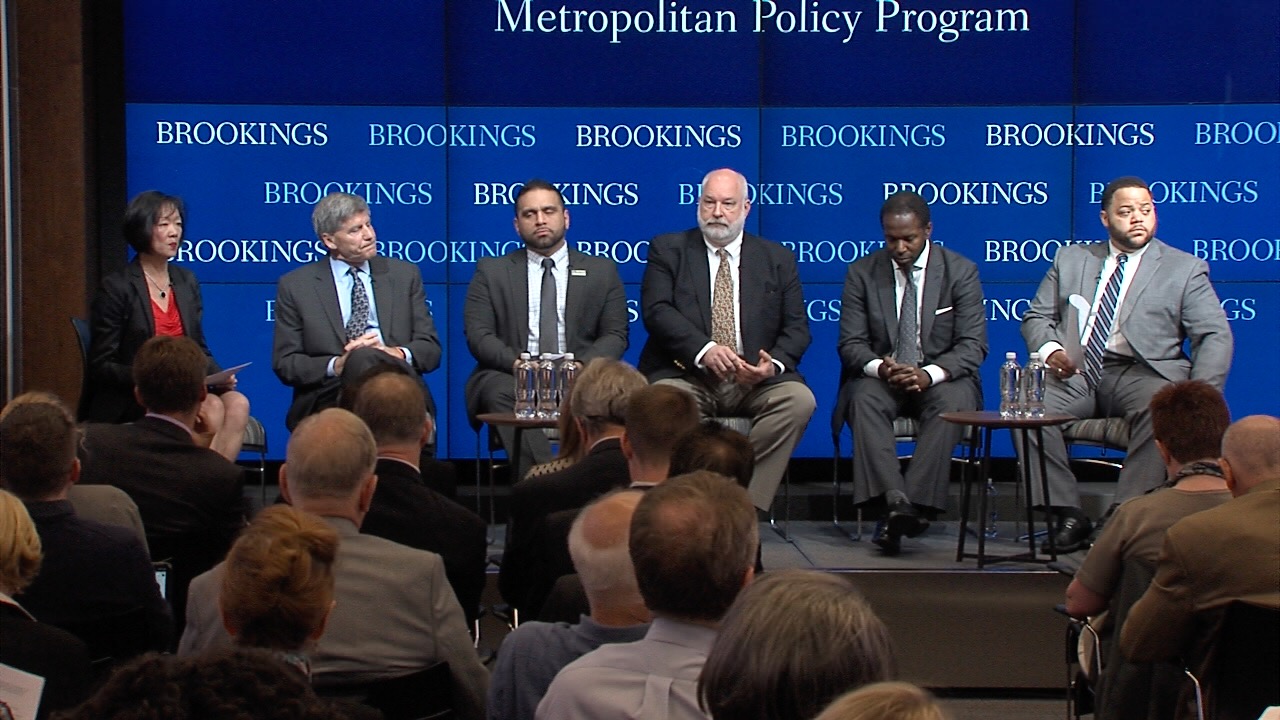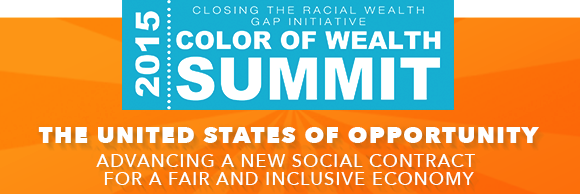For links to Video, Audio & Transcript: http://www.brookings.edu/events/2015/05/21-baltimore-and-beyond
Informative and insightful forum hosted by the Brookings Institution’s Metropolitan Policy Program, “featuring hands-on experts to reflect on promising practices to help young people and families in distressed communities participate in an advanced economy that works for all.”
May 21, 2015
Summary: “Recent events in Baltimore and St. Louis underscore the enduring challenges the nation faces in trying to create neighborhoods of opportunity amid entrenched poverty, long-term disinvestment, and stark racial divides. Baltimore was an early pioneer in applying new comprehensive approaches to neighborhood revitalization. Since then, the practice of joining people- and place-based strategies has evolved, driven by both public and private sector leaders. The Great Recession has reversed progress in some ways as unemployment, foreclosures, and stagnant wages increased poverty. As the nation now focuses on its struggling urban areas, it is critical to broadly examine what cities, counties, and the nation have learned since the redevelopment of Baltimore’s Sandtown-Winchester neighborhood….”
Featuring:
Welcome by Jennifer S. Vey, Fellow, Metropolitan Policy Program
Panel Discussion
Amy Liu (Moderator) — Co-Director and Senior Fellow, Metropolitan Policy Program
Derek Douglas — Vice President for Civic Engagement, The University of Chicago
Frederick B. (Bart) Harvey III — Former Chairman and Chief Executive Officer, Enterprise Community Partners
Joel Miranda — Director of Leadership Development and Graduate Leadership, YouthBuild USA
Donald Hinkle-Brown — President/CEO, The Reinvestment Fund
Michael Smith — Special Assistant to the President and Senior Director of Cabinet Affairs for ‘My Brother’s Keeper’, The White House
Related:
Los Angeles 1992 to Baltimore 2015: Washington’s Changed Response to Urban Crisis. Bruce Katz. Brookings Institution. May 27, 2015.
Beyond Baltimore: Building on What We Know to Create Neighborhood Opportunities. Amy Liu. Brookings Institution. May 12, 2015.
Yes, There Are Two Baltimores. Jennifer S. Vey and Alan Berube. Brookings Institution. May 15, 2015.
Good Fortune, Dire Poverty, and Inequality in Baltimore: An American Story. Alan Berube and Brad McDearman. Brookings Institution. May 11, 2015.



